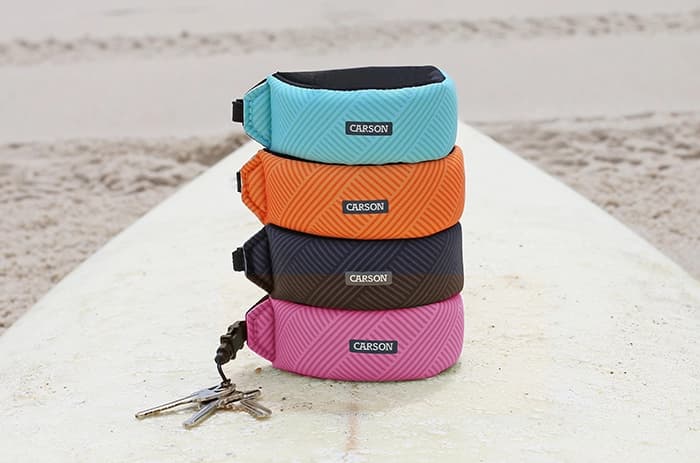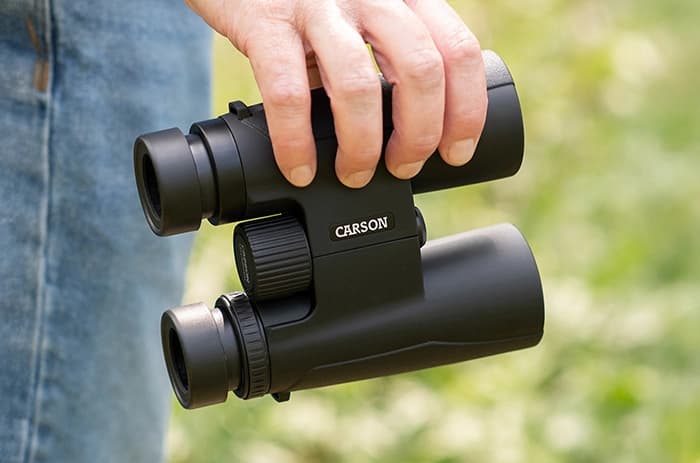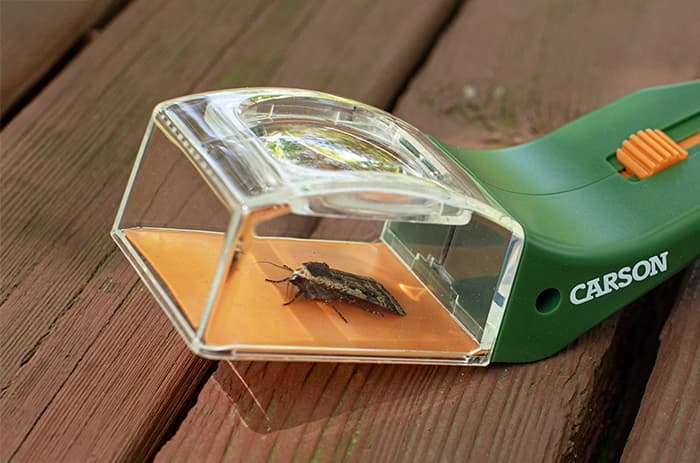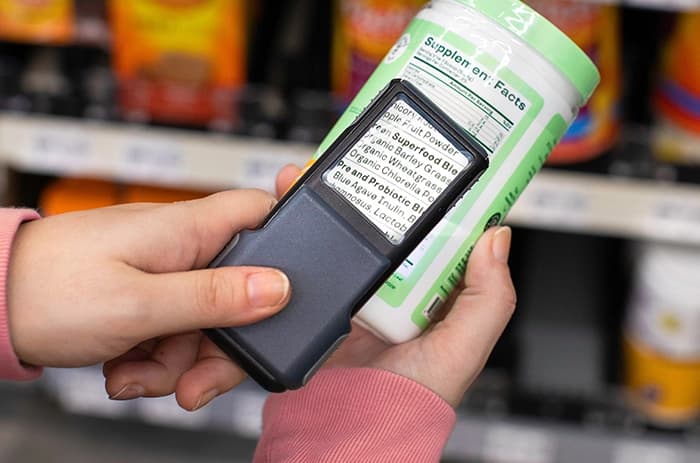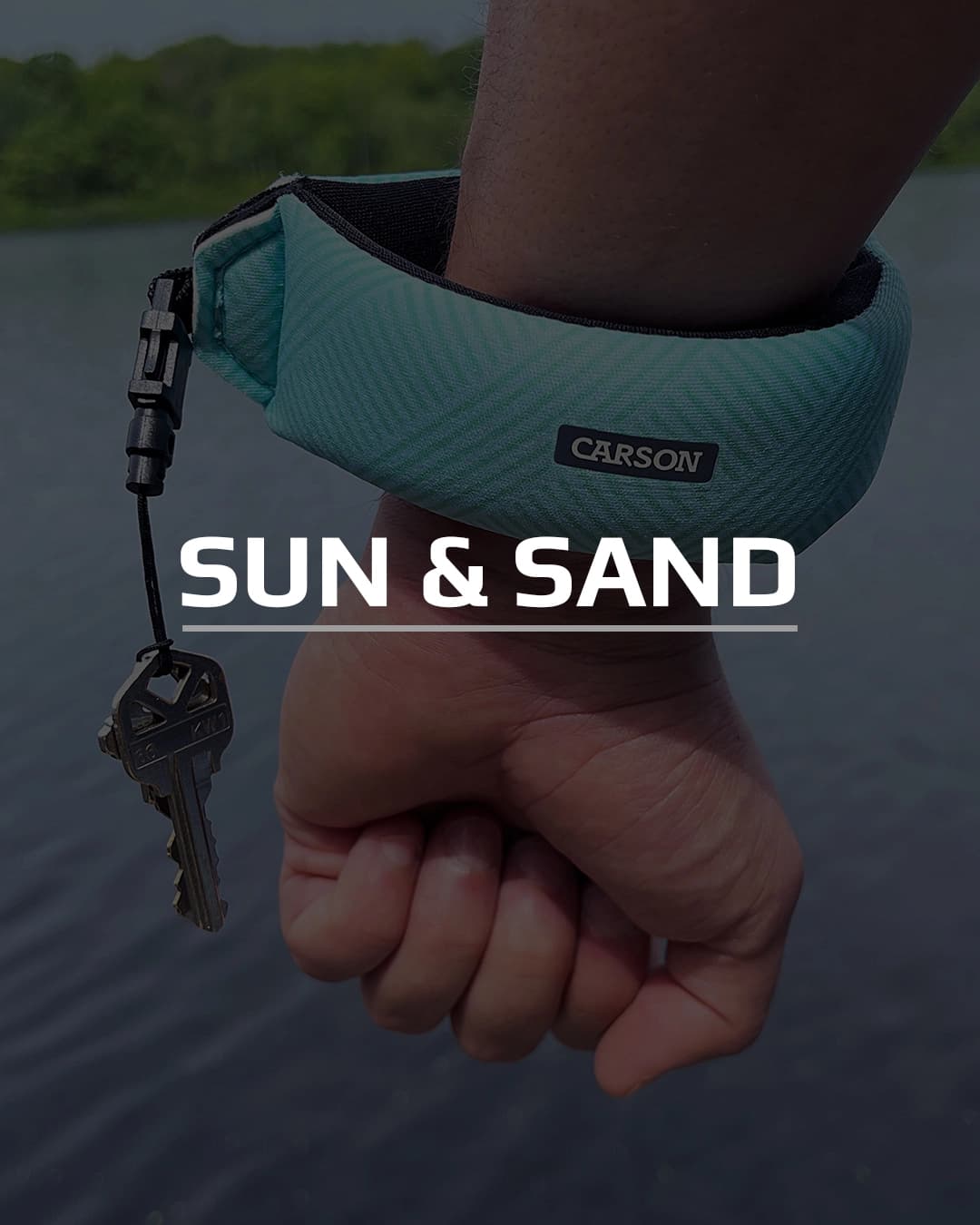SUN & SAND
Secure your summer! Keep your keys and sunglasses safe and secure when on the water with our brightly colored floating wristbands, keychains, eyewear retainers, and wallets. Never worry about your valuables as you swim, jet ski, surf, and enjoy your summer fun.


